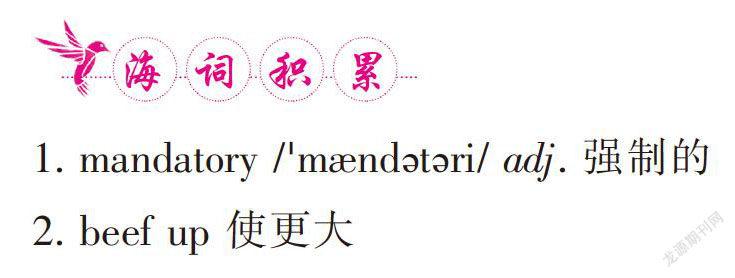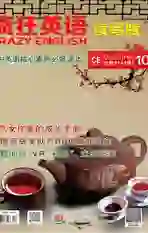Complex trash sorting in Shanghai 垃圾分类,说清好难
2019-09-10李晓源
李晓源


Starting Monday (July 1), Shanghais resi-dents are troubled by the mandatory trash-sorting rules their city just adopted as China works toward beefing up its recycling rates.
But local residents are struggling with the new rules. Waste is supposed to be divided into four types: dry garbage, wet garbage, hazardous waste and recyclable trash. Companies against the sorting rules will face fines from 50,000 to half a million yuan, while individuals face fines of 50 yuan to 200 yuan. The city also refers to other waste as “dry waste”, and kitchen waste as “wet waste”, which further complicates the sorting system to many minds.
On social media platform Weibo, the topic called “What kind of rubbish are you” has generated nearly 20 million views on July 5. People find it unreasonable that corn should go into “other waste” instead of kitchen waste because it doesnt decompose and that fish bones belong to “kitchen waste”, while ribs belong to “other waste”. Some said they were asked “What kind of rubbish are you” by the cleaning staff standing by the bins.
The new rules are already having some unintended consequences. In some comm-unities, people need to sign in with their house numbers to access bins so that the building management can keep track of who has actively participated. Since many working people are finding it hard to get their trash to designated dumping areas at the appropriate times, theyre looking for “garbage-dumpers” to do it for them, a Weibo post shows.
And around 6,000 of the 13,000 people who responded to a Weibo poll answered “yes” to a question asking if they would quit drinking a beloved drink because of the rules. “A cup of unfinished milk tea is wet rubbish; the paper cup is dry rubbish; the straw and cover are plastic... Garbage sorting has helped me quit milk tea,” read the polls introduction.
Reading Check
Make a summary of the text with the expressions given below. Your article should be about 60 words.
residents regulations discussion results
___________________________________________________
___________________________________________________
___________________________________________________
Language Study
Sentences for writing
1. 上海的居民對垃圾分类的强制性规定感到困扰,因为中国正在努力提高垃圾回收率。
Shanghais residents _____________ the mandatory trash-sorting rules their city just adopted as China works toward beefing up its recycling rates.
2. 垃圾被分为四种:干垃圾、湿垃圾、有害垃圾和可回收垃圾。
Waste is supposed to _____________ four types: dry garbage, wet garbage, hazardous waste and recyclable trash.
